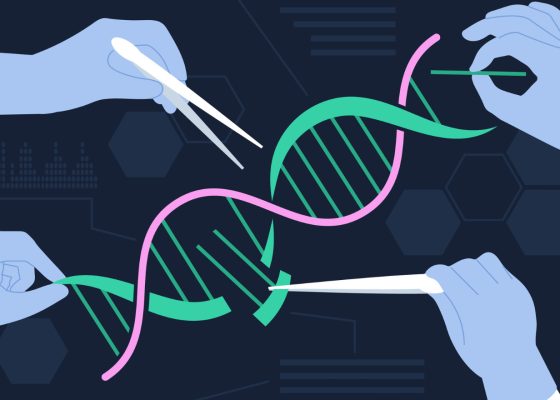The joint platform will consider ethical and clinical criteria of the tools before they are rolled out for use.
The Centre for Population Genomics has won an $8 million federal government grant to develop a new platform to test new AI-driven analysis tools against ethical and clinical criteria before they are used in healthcare.
The centre, joint initiative of the Murdoch Children’s Research Institute and the Garvan Institute of Medical Research, will develop the platform, to be known as the Australian Alliance for Secure Genomics and AI in Rare Disease (AASGARD).
Once validated, the applications could help thousands of Australian patients. AASGARD will also monitor the results, informing the medical landscape, said federal Health Minister Mark Butler.
“Protecting Australians from the misuse of AI in healthcare is essential,” he said.
“The potential of AI is enormous in improving healthcare across the board. But it comes with risks that must be understood and mitigated.”
A number of other projects were also granted funding, announced at the same time by Mr Butler. These include projects which seek to progress liquid biopsies using a blood test rather than a solid tissue sample to detect cancer:
The University of Melbourne has been granted nearly $3 million to work on the next generation of liquid biopsies for breast cancer, to improve the ability to detect cancer at earlier stages and identify any residual disease after treatment.
Monash University researchers have been granted $1.7 million to generate a liquid biopsy for the blood cancer Multiple Myeloma.
Macquarie University has been granted more than $2.5 million to create a new liquid biopsy test for melanoma, which will determine which patients need further treatment after their melanoma has been surgically removed.
The Council of the Queensland Institute of Medical Research was also granted nearly $3 million to investigate another major genomic breakthrough – the discovery that each patient has a unique bowel cancer with an individual make up. Researchers hope this will lead to the use of state-of-the-art technology to personalise treatment.
“This research is world-leading and these projects have the potential to be game changers that will lead to advances in diagnosis, treatment and outcomes for Australians and around the world,” said Mr Butler.
“Genomics is an exciting field that we can use to improve early detection and treatment of cancer. I want to thank the ongoing work of our top scientists, whose research in this field will make a real difference to people’s lives.”



